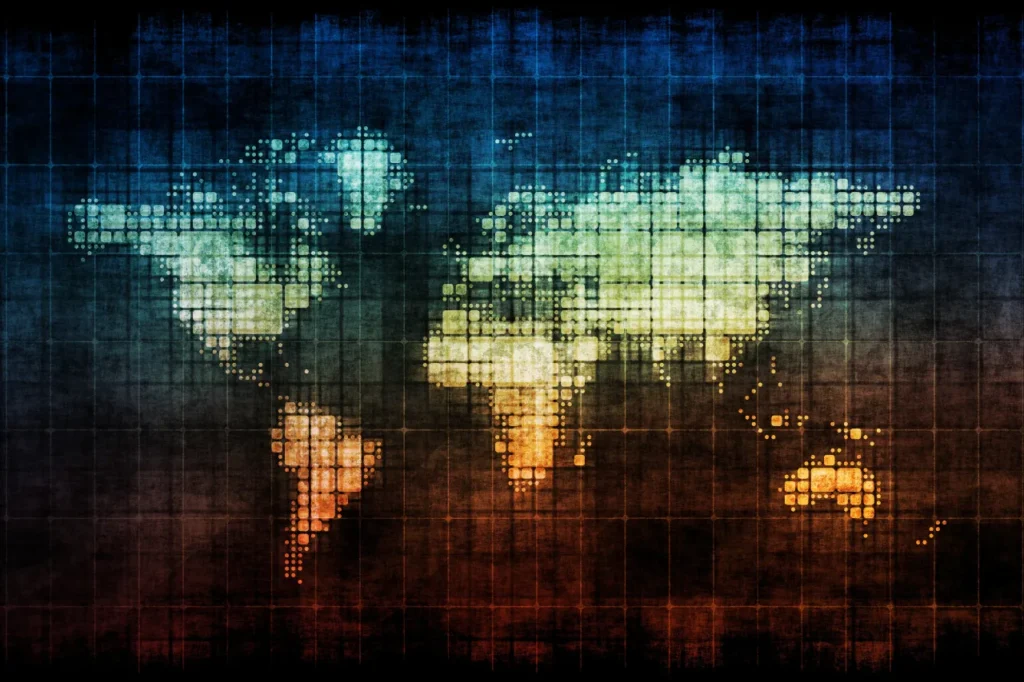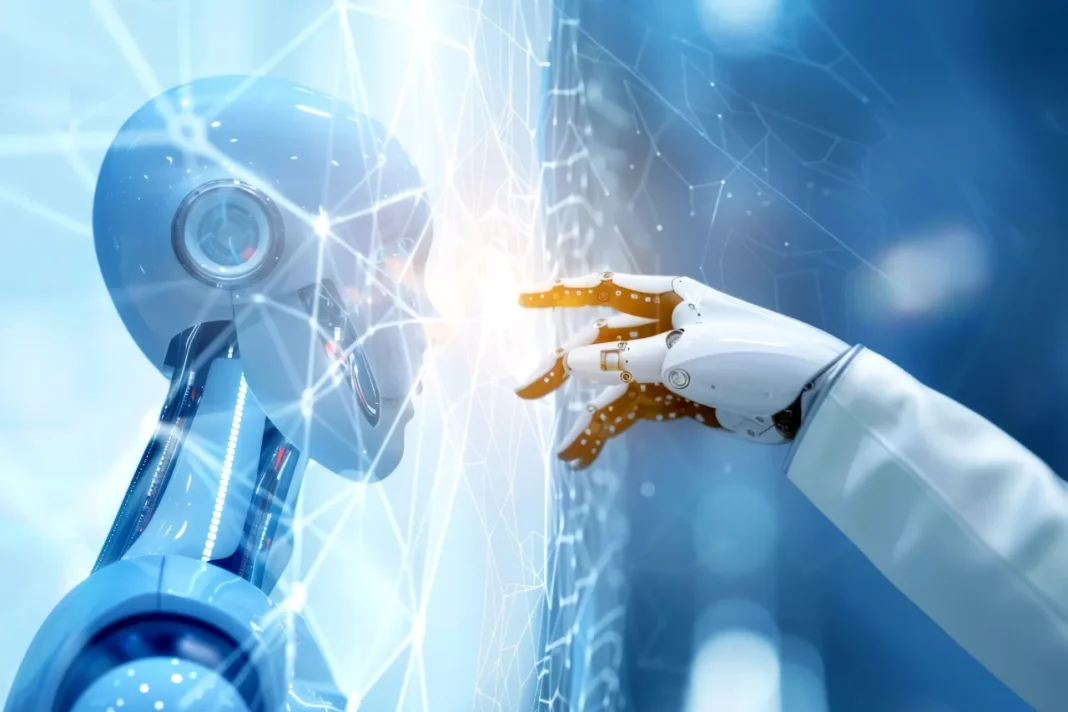Artificial Intelligence (AI) is no longer a concept of science fiction. In 2025, AI is deeply integrated into our daily lives, businesses, and governments. From voice assistants to autonomous vehicles, AI technologies are transforming the way humans live, work, and interact with the world. While some fear that AI could replace humans in certain jobs, others see it as a tool for enhancing human potential and creating new opportunities.
Understanding AI and Its Capabilities
Artificial Intelligence refers to computer systems capable of performing tasks that typically require human intelligence. These include problem-solving, learning, decision-making, language understanding, and perception. Modern AI uses advanced algorithms, machine learning, and neural networks to process vast amounts of data and make predictions or take actions without explicit human instructions.
AI in Daily Life
AI is no longer confined to labs or tech companies. It is part of everyday human life in multiple forms:
- Virtual Assistants: Devices like Siri, Alexa, and Google Assistant help humans manage tasks, control smart homes, and answer questions instantly.
- Healthcare: AI assists doctors in diagnosing diseases, analyzing medical images, and predicting health risks with high accuracy.
- Transportation: Self-driving cars and AI-powered traffic management systems are making travel safer and more efficient.
- Content Recommendations: AI algorithms suggest movies, music, and articles tailored to individual preferences on platforms like Netflix, Spotify, and YouTube.
The Relationship Between AI and Humans
AI is not meant to replace humans entirely but to complement and enhance human capabilities. The collaboration between humans and AI is known as human-AI symbiosis. For example, in workplaces, AI can handle repetitive tasks like data entry or analysis, allowing humans to focus on creative problem-solving and decision-making. In healthcare, AI can quickly analyze complex datasets, but human doctors make the final decisions, ensuring empathy and ethical judgment remain central.
Impact on the Workforce
The rise of AI is changing the nature of jobs and skills required in 2025. While some roles may become automated, new opportunities are emerging in AI development, data analysis, cybersecurity, and human-AI collaboration. Professionals who embrace continuous learning and adapt to AI-powered tools are better positioned to thrive in this evolving workforce. Industries like finance, healthcare, manufacturing, and logistics are already seeing AI-driven efficiency improvements and cost reductions.
Ethical Considerations
As AI becomes more powerful, ethical considerations become critical. Key concerns include:
- Privacy: AI systems collect and process large amounts of personal data, raising questions about consent and security.
- Bias: AI algorithms can inherit biases from their training data, leading to unfair or discriminatory outcomes.
- Accountability: Determining who is responsible for AI-driven decisions, especially in critical areas like healthcare or autonomous vehicles.
- Job Displacement: Balancing automation benefits with the social impact of displaced workers is essential for sustainable development.

AI in Creativity and Art
AI is also influencing human creativity. From generating music and art to assisting in writing and design, AI tools provide new ways for humans to express ideas. Artists, writers, and designers can use AI to explore innovative concepts, experiment with styles, and streamline repetitive tasks, leading to greater productivity and creative freedom.
AI and Education
In education, AI is revolutionizing learning experiences. Personalized learning platforms analyze student performance and adapt lessons to individual needs. Virtual tutors provide real-time guidance, and AI-driven analytics help educators identify areas where students struggle. This enhances learning outcomes and enables educators to focus on mentorship and critical thinking development.
AI and Human Decision Making
AI improves human decision-making by providing data-driven insights. In business, AI predicts market trends, optimizes supply chains, and enhances customer experiences. In healthcare, AI predicts disease outbreaks and assists in personalized treatment plans. While AI provides actionable insights, humans remain essential for judgment, empathy, and ethical considerations.
The Future of Human-AI Collaboration
The future of AI and humans lies in collaboration rather than replacement. As AI systems become more advanced, humans will work alongside intelligent machines to solve complex problems, innovate faster, and improve quality of life. Fields like medicine, climate science, space exploration, and disaster management will benefit from combined human creativity and AI efficiency. The goal is a future where AI empowers humans to achieve more while maintaining ethical and social responsibility.
Conclusion
Artificial Intelligence is reshaping the world in 2025, impacting every aspect of human life. While challenges like ethics, bias, and job displacement exist, the potential benefits of AI-human collaboration are immense. By embracing AI responsibly, humans can enhance creativity, improve decision-making, and build a future where technology and humanity thrive together. The rise of AI is not the end of human potential—it is an opportunity to redefine what humans can achieve in partnership with intelligent machines.





